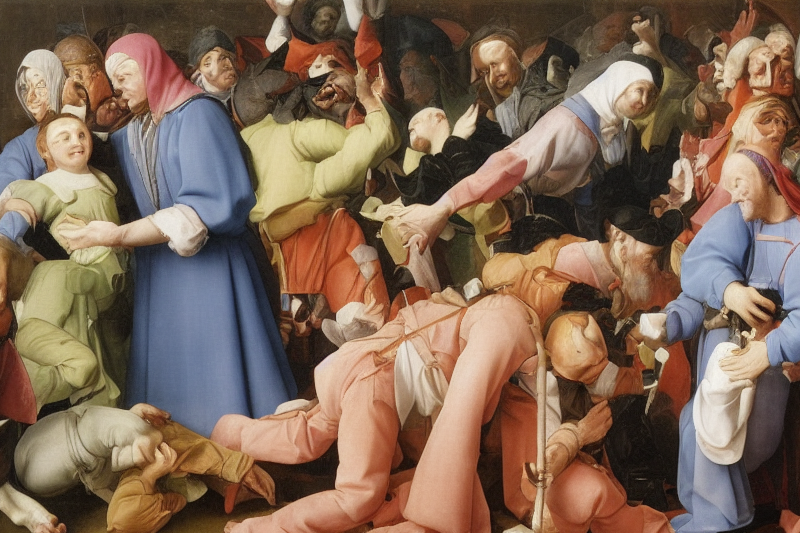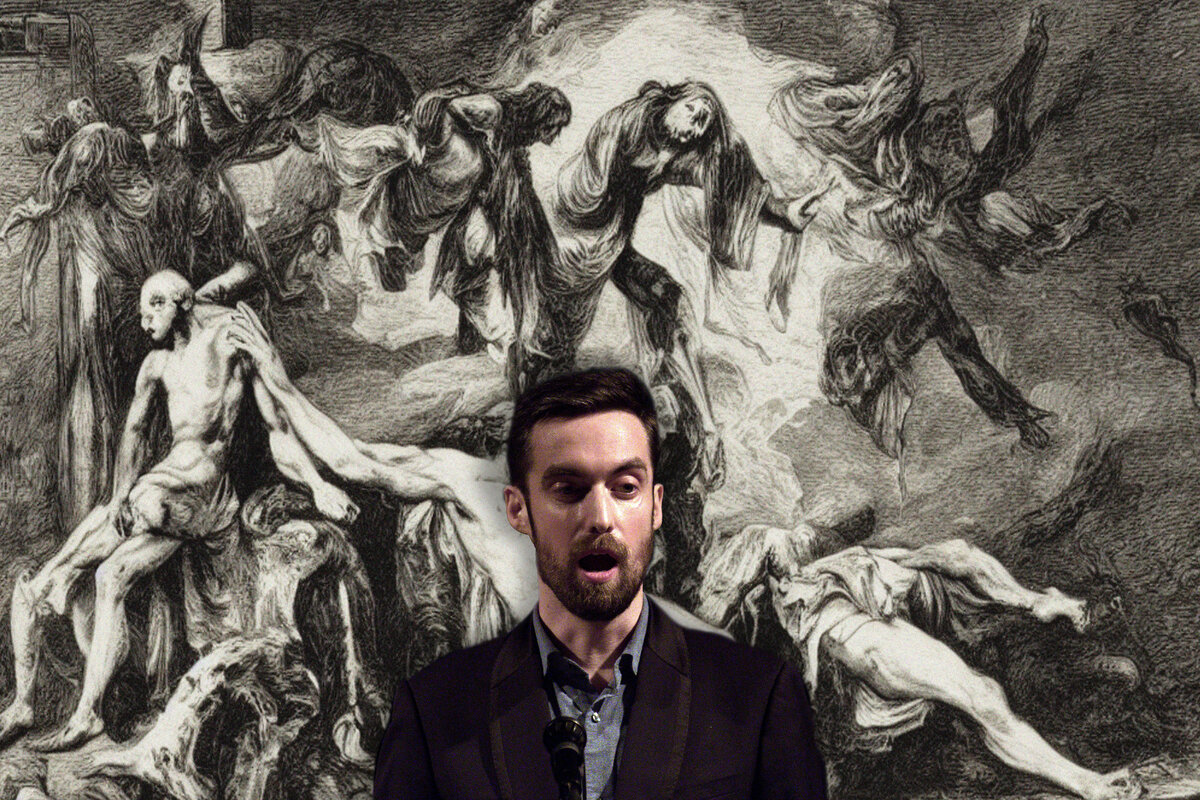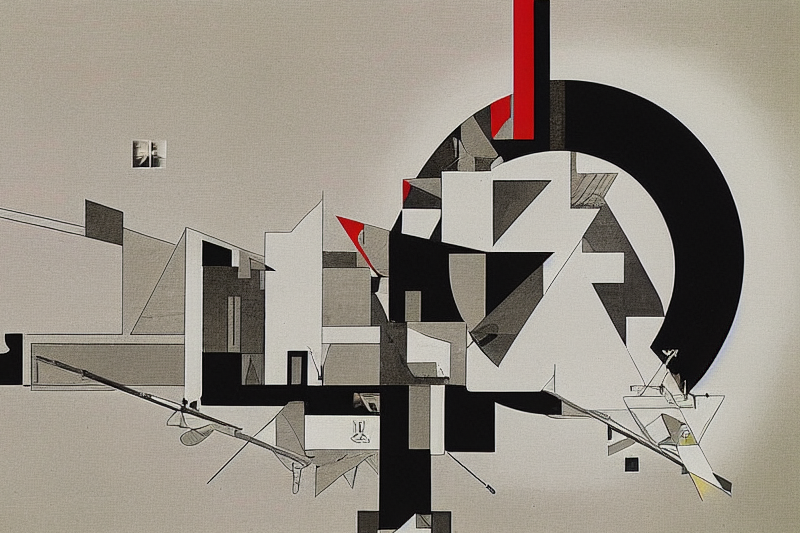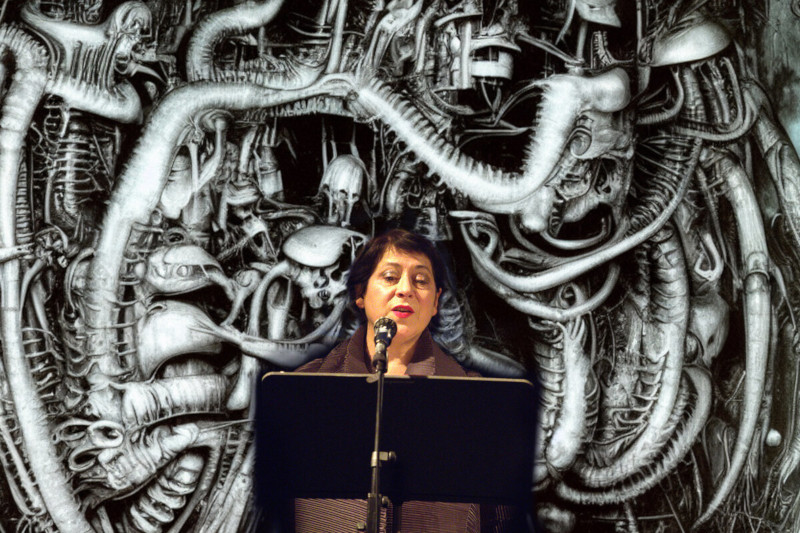PERFORMING
UTOPIA


















The genre of utopia is difficult. Utopias are not taken very seriously. They are considered anemic and boring, and in retrospect are most likely to be a curiosity. No one would think of setting up his life according to a literary utopia and, for example, demand the fulfillment of a solar state. It seems as if the future has lost everything worth striving for. It has become a place of vague fears. By now it is clear to everyone that the future cannot be an engineered achievement. That it is not " do-able ". That in the end no design will prevail.




music and text: alien productions [ Martin Breindl | Norbert Math | Andrea Sodomka ]
mezzo soprano + speaker: Lore Lixenberg
baritone + speaker: Johann Leutgeb
speaker: Rosie Waites
sound engineer: Elmar Peinelt
production: Ö1 Kunstradio, 2021
commisioned by a composition grant by the citiy of Vienna
with kind support by the states of Niederösterreich and Burgenland
music, text and projections: alien productions [ Martin Breindl | Norbert Math | Andrea Sodomka ]
mezzo soprano + speaker: Lore Lixenberg
baritone + speaker: Joris Grouwels
producer: MUSAIC festival 2022
venue: Fylkingen, Stockholm
date: Nov 24 2022 8:00m PM
photos: Barthélémy Garcia
As soon as experts (in August 2016) introduced the Anthropocene (ancient Greek: "the humanly [made] new") as a designation for the current age of the Earth, there are already growing signs that our anthropocentric view of the world has begun to totter. On the one hand, human influence seems to have unbalanced natural processes to such an extent that their dynamics are becoming irreversible. On the other hand, scientific research and technological development are increasing evidence and indications that question a unique position of humans (for example, as the "crown of creation"), but on the contrary see them surrounded by many other - natural and artificial - intelligences.
Artificial Intelligence (AI), Big Data and Deep Learning have become factors of our lives. They are there, whether welcome or not, acting, learning, evolving. They operate subcutaneously. We see a striking discrepancy between the direction in which people and societies are evolving, the world is changing, and the stubborn adherence to traditional, outdated models of life. What we need are better utopias. To improve them, we want to use the very technology that, depending on how you look at it, augments or threatens human intelligence: artificial intelligence. Whether we like it or not, we will (have to) communicate with it.
For the radio opera, we trained artificial intelligences. Each of these agents formed on historical utopian texts across the centuries; in this learning process this material was thus continuously recombined, rewritten and improved. In the context of the "performance", human and artificial voices then discuss and interact, both interpreting the machine-generated texts. A musical-philosophical dispute about worlds of possibilities.
The radio opera consists of four acts, set in the historical periods that provided the breeding ground for essential utopian thoughts and concepts: the Renaissance, Romanticism, revolutionary Russian Futurism, and the digital age. The historical materials used to train the AIs are: [Act 1] Thomas More, Utopia (1516, Engl.: 1551), [Act 2] Mary Shelley, Frankenstein; or, The Modern Prometheus (1818), [Act 3] Velimir Khlebnikov, The Trumpet of the Martians (with Maria Siniakova, Bozhidar, Grigory Petnikov, Nikolai Aseev, 1916) and The Radio of the Future (1921), [Act 4. Act] Donna Haraway, A Cyborg Manifesto (1985), Arthur and Marilouise Kroker, Spasm: Virtual Reality, Android Music and Electric Flesh (1993), and Natasha Vita-More, Transhumanist Manifesto (1983).
But not only the libretto, but also the music was composed with the help of neural networks, and the musical parameters correspond to the styles of the respective eras. And so Performing Utopia is indeed a performance, as described in linguistics: Utterances that, by the fact of being uttered, change states in the social world. Here as cooperation between human and artificial intelligences. In the sense of a posthumanistic ecology, namely the realization that only intelligent networks remain capable of survival - regardless of whether humans are involved in them or not.